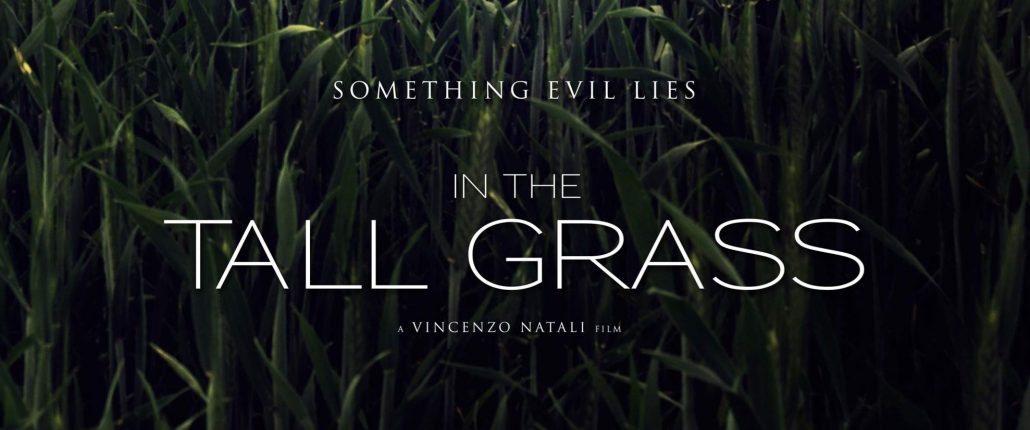World renowned author, and one-time director, Stephen King’s ‘In the Tall Grass’ is a quintessential American Horror film (with a capital H). It enacts a simplicity that makes the budding writer question: Why the hell didn’t I think of that? But is nuanced by the deliberate hand of an outstanding author, which really leaves the title as the only simple thing about this film. In true King style, the film occurs entirely in a single setting, and leaves the passive viewer flummoxed by the sheer amount of complex plot development and persistent social commentary; which really elevates this film above most of King’s adaptions prior.
Watching this film is a genuinely, deeply disturbing experience. One that utilises the very origins of the genre itself: Our socially ingrained, childhood fuelled, profoundly irrational, fears. This is something that Stephen King does often, take ‘It’ for example, with the trope of the killer clown; an innate, childhood fear of unfamiliarity and disguise – hailed as one of the top films of all time. This acts no differently in ‘In the Tall Grass’, playing on our entrenched fear of isolation and losing the people we love. As we watch, there is a frustration at the idiocy of the characters and the situation they find themselves in; “Captain Cal” certainly does not “come to the rescue”, but it’s difficult not to empathise with the ignorance of the over-eager anti-hero.
In this way, the field of tall grass acts as a vehicle to expose the flaws in the human condition. In a powerful shot towards the end of the film, we discover that the events in ‘In the Tall Grass’ are essentially caught in a time loop – with a line of bodies in varying stages of decay, all belonging to Avery Whitted’s Character, Cal. In every situation, the desperate, but well-intentioned, brother, is murdered by the field’s host (Patrick Wilson). It seeks to present to us, in a remarkably visceral way, that human intention is inexorably connected to deep-seated emotion and irrationality. We, as humans, mindlessly repeat our fateful decisions and actions out of habit; and due to a superiority complex, that leads us to believe we are stronger than the physical and metaphysical hauntings of our daily existences.

This film, despite a mudslide (pun intended) of negative reviews, perhaps only fails in one area for me: Its central message is too complicated for the passive audience. An active viewing, as I have of this film, regards the message of this narrative as a reclamation of primality, a rebirth to nature and a return the ‘roots’ of societal belief. I know, this film isn’t exactly a movie night binge, but rather an academic, sociological analysis. In the shocking, if a little confusing,
Cal begins to recite scripture about the three wise men, which harkens back to a biblical sacrifice – and ultimately a re-birth. The consumption of her own child orally is almost a quasi-re-impregnation, leading to the same conclusion. Even the opening of the mass grave where the corpses are reanimated, is almost womb-like in its imagery. But the meaning is decipherable from any direction you choose to understand it; by the end of the film, Becky decides she wants to keep her unborn child in favour of giving it to a “family in San Diego”.
‘In the Tall Grass’ is then, at its core, a film about rationality and decision making; with a questionably ambiguous undertone about abortion and adoption (but that’s another discussion). The way in which the plot manages to entice you into the tall grass, as a viewer, with a seemingly nonchalant opening sequence – slowly decaying into an inescapable maze of reference and meaning – has yet to fail to amaze me. With each viewing since I have found myself returning, over and over, only to be trapped again by the incredibly intricate, psychological torment this film hides between its blades.
Image Credit: Horror News Network

